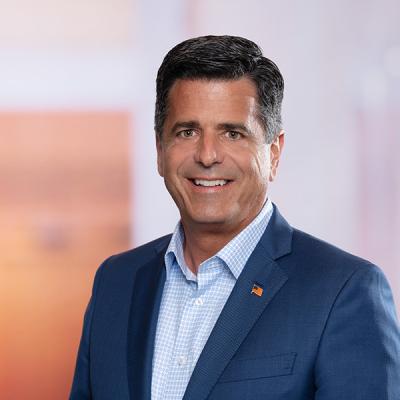Governor Baker Releases FY2022 Budget Bill

During his annual State of the Commonwealth address, Governor Charlie Baker highlighted the heroic work of frontline workers and first responders throughout the COVID-19 pandemic, while reminding the Commonwealth that though we are close, we are not out of the dark quite yet. Gov. Baker’s FY2022 (“H1”) budget recommendations support that perspective and indicates the state is still feeling the economic impacts of the pandemic. The legislation authorizes a $1.6 billion withdrawal from the state’s Stabilization Fund and a $300 million spending cut to support the bill’s $45.6 billion FY2022 budget bottom line. In addition to the $1.6 billion withdrawal from the Stabilization Fund, H1 projects tax revenue to increase 3.5% over FY2021 collections while avoiding any new taxes levied on residents of Massachusetts. H1 also outlines several policy initiatives, which are highlighted below:
Taxation
- Cross Border Income Tax Plan: In order to address the issue of income taxation on out of state residents who work in Massachusetts which has been exacerbated by the pandemic, Governor Baker proposed in his budget a process to account for this tax revenue. According to the Administration’s summary, the purpose of this proposal is to extend “the statute of limitations for abatement filings and assessment adjustments related to deemed repatriation income.”
Health Care
- Opiate Excise Tax and Drug Pricing Changes: The legislation proposes a 15% excise tax, based on gross sales, on opiates manufactured or sold in the Commonwealth. Additionally, the budget bill targets the pharmaceutical industry relative to drug price increases by establishing new penalties for excessive increases on medications.
- Direct Negotiations for Rebates by the State: Baker’s budget proposal allows for MassHealth, the state’s Medicaid program, to directly negotiate rebate agreements for drugs found outside of the Medicaid Rebate Program and for non-drug medical products like durable medical equipment.
Clean Energy
- Solar Panels: A policy adjustment is made in the bill authorizing solar generating structures to be installed and maintained on fourteen state properties across the Commonwealth.
Gaming
- Professional Sports Betting: H1 relies on legalized sports wagering to bring in $35 million in tax revenue in FY2022. In order for such revenue to materialize, however, the democratic run Legislature must first pass legislation legalizing the industry. Debate on this issue is widely anticipated for this legislative session.
H1’s release will kick off the annual budget process in the state. Next up, the House of Representatives will release their version of a FY2022 budget, followed by the Senate. ML Strategies will continue to monitor these bills as they move throughout the process and are here to answer any questions you may have on budget-related matters.
Content Publishers
Steven A. Baddour
Executive Vice President & Director of Operations
Daniel J. Connelly
Senior Vice President and Compliance Officer

Caitlin Beresin




